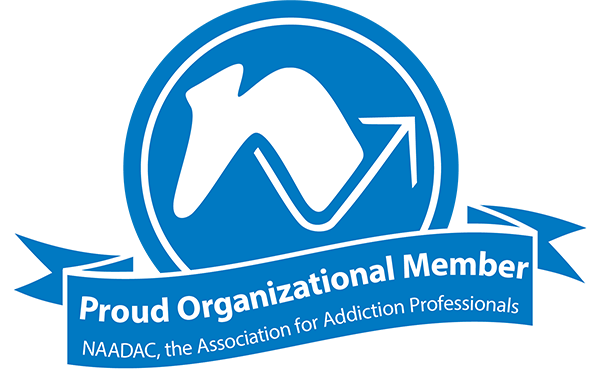Heroin use significantly limits your future potential. If you or a loved one is struggling with heroin addiction, you risk overdosing. Choosing to seek heroin addiction treatment can help you find a new life in recovery.
The heroin detoxification process is a key part of overcoming heroin addiction and reclaiming your life. It can be very difficult, as it involves managing severe withdrawal symptoms as your body and mind adjust to conditions without heroin. A proper detox program will provide medical and psychological support to ensure your safety and comfort during the withdrawal phase.







